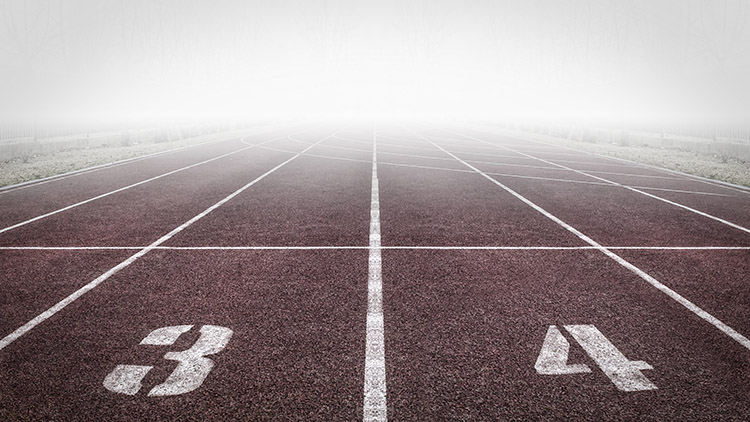With higher energy expenditure, come the increased nutritional requirements for physically active people. In addition to other important factors for sporting activities, such as good health and physical predisposition, adequate nutrition is a fundamental component. The nutrition of athletes must be well-planned and individually adapted in accordance with the body characteristics, tendency to gain or lose weight, frequency, length and intensity of training. The optimally designed nutrition program, with realistic and achievable goals that relate to well-planned training, represents the basis for successful sports.
The optimal energy intake for athletes is paramount for several reasons. It is primarily important to satisfy the physical needs of the body for macro and micronutrients, necessary for the normal functioning and preservation of good health.
The energy intake affects the development of muscle mass and fat levels, which are extremely important for achieving the physical fitness level, as well as for the function of the endocrine and immune system. Energy maintenance and a good balance of fluids play an important role during sports activities and form the foundation for special nutritional programs.
Some athletes have a body constitution predestined for the sport of their choice, so they acquire and maintain an ideal body shape effortlessly. Others may have to do some corrections in body weight gain or loss or by altering the muscle and fat tissue ratio, and this is achieved by adjusting the diet to target training.
ENERGY- YIELDING NUTRIENTS
The energy required for cellular functions during rest and muscle effort is obtained by the body from carbohydrates, fats and proteins.

1. CARBOHYDRATES
Carbohydrate requirements for athletes are based on several factors. Athletes must take enough carbohydrates to provide enough energy and satisfy most of the calorie requirements, in order to make glycogen reserves optimal, enable muscle recovery after physical activity, provide a fast and easily accessible energy source in between meals and maintained the optimal blood glucose levels
Glucose is the main source of energy for muscle activity. With increasing exercise intensity, there is a growing need for glucose as means of energy fuel. Carbohydrate intake is particularly important in intense training because energy metabolism then relies heavily on it as a source of energy for muscles.

2. FATS
Although in recent literature we have seen the theses that support the inclusion of large amounts of fat (30% or more of total calories), it should be emphasised that fats are a high-concentrated energy source that does not lead to improved sporting results when taken in large quantities. There is no relevant scientific information indicating that the fat intake above 25% out of total calories is generally beneficial for athletes.

3. PROTEINS
Carbohydrates and fatty acids are the initial fuel that serves as a source of energy during exercise. Prolonged endurance exercise leads to muscle glycogen depletion and proteins begin being used. The amino acids that are the basic structural units of protein molecules convert in the liver through the gluconeogenesis process and lead to oxidative processes.
Many athletes believe that proteins are the most important for achieving good results in sports. In power sports, some type of protein supplementation is increasingly being used. Excessive protein intake reduces the possibility of adequate intake of other nutrients.
The protein-saving effect of carbohydrates is the rule of the sports nutrition.

4. MICRONUTRIENTS
Vitamins and minerals (micronutrients) are essential nutrients that participate in numerous physiological functions, but also in the synthesis and repair of muscle tissue during exercise and injury recovery.

5. HYDRATION
Good hydration makes it possible to maintain the balance of intracellular and extracellular fluids in the body, and it is the basis of unhindered physical activity. In spite of this, most athletes have experienced a certain degree of dehydration. Considering that during the intense exercise, a huge amount of sweat is released, athletes are forced to compensate for the lost fluids to maintain the optimum percentage of water in the body.
If you are an athlete and you need a nutrition plan, you are at the right place.Order a nutrition plan tailored to your nutritional needs in order to achieve the desired sporting results.Thank you for your trust!Dr. Srećko Čupić

